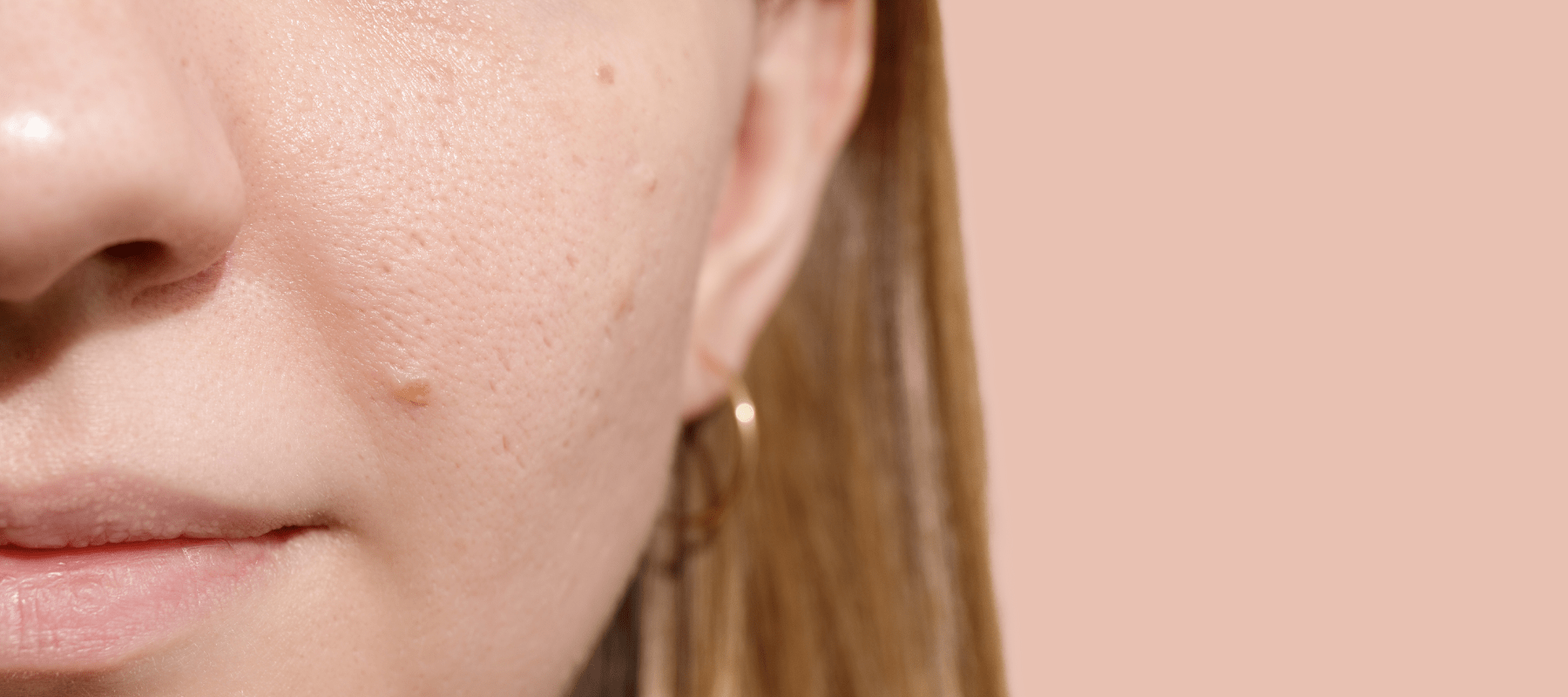
8 Tips on How to Control Oil on Face
Are you sick and weary of putting up with a skin that is always oily and shiny? Oily skin can be very problematic because it can cause shine, enlarged pores, and possibly even acne. While some oil production is required to maintain the health of your skin, too much oil can be rather bothersome. We'll talk about the causes of an oily face in this article, along with crucial suggestions for managing and minimising that wanted oily shine.
What Leads to an Oily Face?
One important element to take into account with oily skin is its genetic component. There's a greater chance that you may be predisposed to oily skin if your parents, grandparents, or other family relatives have a history of having it. As the sebaceous gland size and activity are influenced by shared hereditary features, oily skin is more likely to run in families.
Hormonal Changes
Hormones play a crucial role in the regulation of oil synthesis within the skin. Adolescents often undergo an increase in androgen levels. This elevation prompts their sebaceous glands to secrete heightened amounts of sebum. As a result, teenagers commonly exhibit oily skin conditions due to these physiological changes.
Overactive Sebaceous Glands
The balance of moisture in the skin is dependent on sebaceous glands. On the other hand, an excessive amount of sebum produced by these overactive glands might result in an oily complexion. Numerous factors, including hormones and heredity, might contribute to overactivity. Preventing excessive dryness and shielding the skin from environmental damage are two of sebum's main purposes.
Diet
You may be surprised to learn that your food has a big impact on the condition of your skin. Eating a diet heavy in sugar and fatty foods may cause one’s skin to become more oily. Sugary and unhealthy fat-rich diets can cause insulin levels to rise, which can then encourage sebaceous glands to generate more sebum.
Environmental Factors
Significantly, environmental conditions can impact skin oil production. Individuals residing in humid climates exhibit a higher likelihood of possessing oily skin. The extra moisture in the air may stimulate the sebaceous glands to intensify their efforts for balance maintenance, potentially resulting in increased oiliness.
Also read: Which Face Wash Is Best for Oily Skin and Pimples in India?
How to Control Oil on Your Face
Once you understand the factors contributing to oily skin, you can begin to reduce the oiliness on your face by having a good face cleansing routine, using light moisturisers and sunscreens, and oil-controlling actives like niacinamide and salicylic acid.
Let's explore some practical tips on how to control oil on face:
1. Gentle Cleansing
Begin your skincare regimen by utilising a mild cleanser. Opt for the Clearing & Calming Acne Face Wash, and wash your face in the morning as well as before bedtime. This routine aids in eliminating surplus oil, dirt along with impurities from your skin. Over-cleansing is to be avoided. It might strip off natural oils from your skin, a phenomenon that could potentially trigger heightened oil production.
2. Use a Salicylic Acid or Benzoyl Peroxide Cleanser
These components can aid in reducing excess oil and avoiding outbreaks. A few times a week, incorporating them into your cleansing regimen can have a significant impact.
3. Exfoliation
Exfoliating two to three times a week aids in the clearance of dead skin cells, preventing pore clogging and potential overproduction of sebum. Aim for products such as The Pink Foundry's Overnight Exfoliating AHA BHA Radiance Mask that feature mild exfoliants.
4. Oil-Free Moisturizer
Wondering, ‘How to stop oily face during the day?’ Opt for a lightweight, oil-free moisturiser like the Waterlight Gel Moisturiser from The Pink Foundry as Hydrated skin will produce less oil.
5. Serum with Niacinamide
Niacinamide is a potent ingredient known for its oil-regulating properties. Adding the Super Clarifying 12% Niacinamide Face Serum to your routine can help reduce oiliness and improve the overall texture of your skin.
6. Blotting Papers
When you notice excess shine during the day, blotting papers are a handy solution. They quickly absorb oil without disrupting your makeup.
7. Matte Makeup Products
The million dollar question: ‘How do I prevent oily skin?’ If you wear makeup, think about applying oil-free or matte formulas. These can aid with oil control and maintain the fresh appearance of your skin all day.
8. Sunscreen
Even if your skin is oily, you should always use a broad-spectrum sunscreen with an SPF of at least 30, such as the Mineral Matte Tinted Sunscreen. Sunscreen helps stop excessive oil production brought on by sun damage in addition to shielding your skin from dangerous UV rays.
You may greatly reduce the amount of oil on your face by implementing these suggestions into your regular skincare regimen. Keep in mind that constant care is essential, therefore it can take some time to detect changes.
Conclusion
Although having an oily face might be annoying, you can successfully control and minimise oiliness with the correct skincare regimen and lifestyle changes. Recognizing the causes of your oily skin is the first step towards treating the problem. Bid farewell to unwanted shine and hello to a clean, matte appearance!
Also read: The Science Behind Sebaceous Glands: Understanding The Role Of Oil Glands On Your Face
FAQs:
1. Can genetics alone cause oily skin?
Genetics can predispose you to oily skin, but other factors like hormones and diet play a role, too.
2. How often should I use blotting papers?
Use blotting papers as needed throughout the day to remove excess oil and shine.
3. How to reduce an oily nose?
The Mineral Matte Tinted Sunscreen shields your skin from UV ray damage and stops your nose skin from producing too much oil.
4. What to do for an oily face?
Serums containing niacinamide can lessen oil production and enhance the overall texture of your skin.







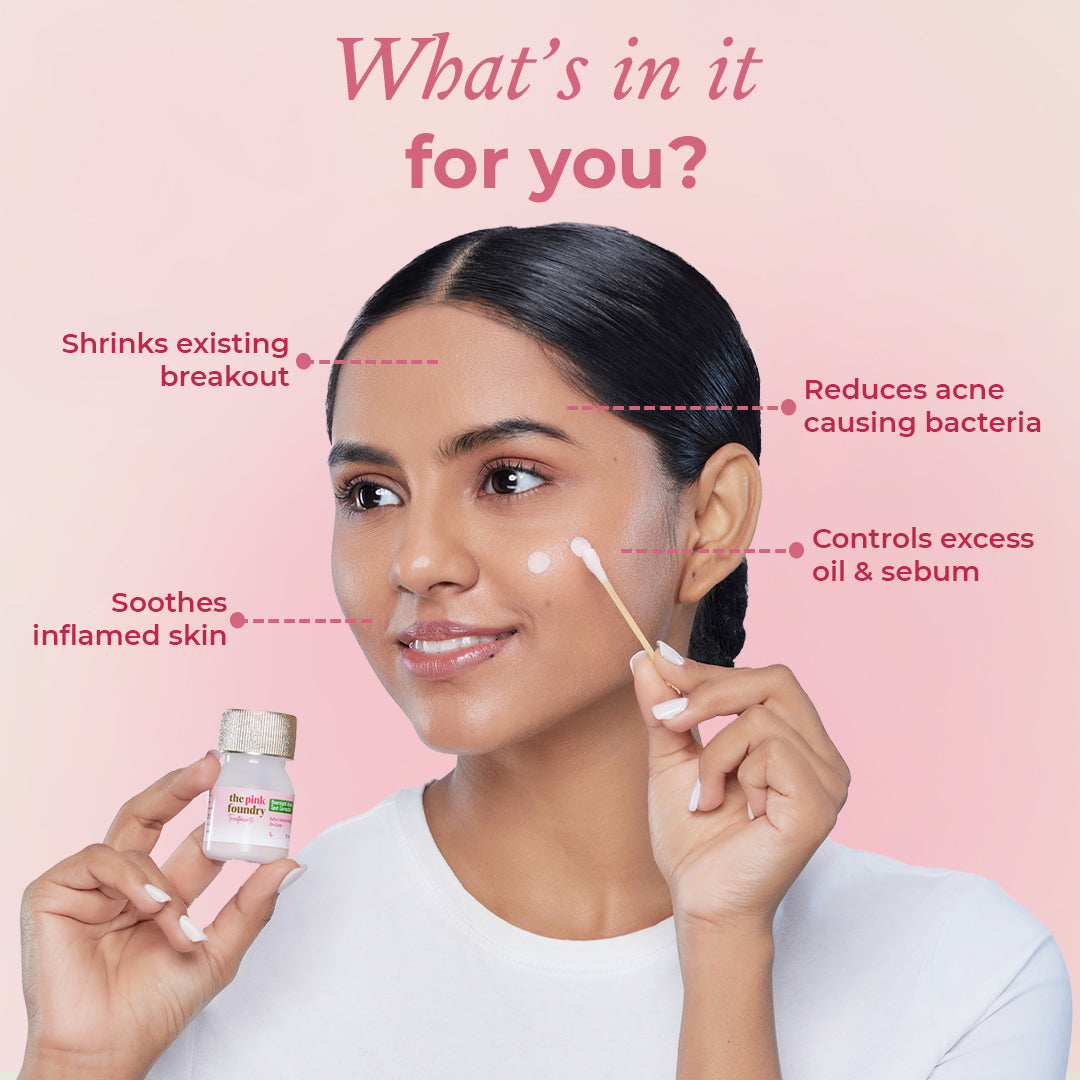
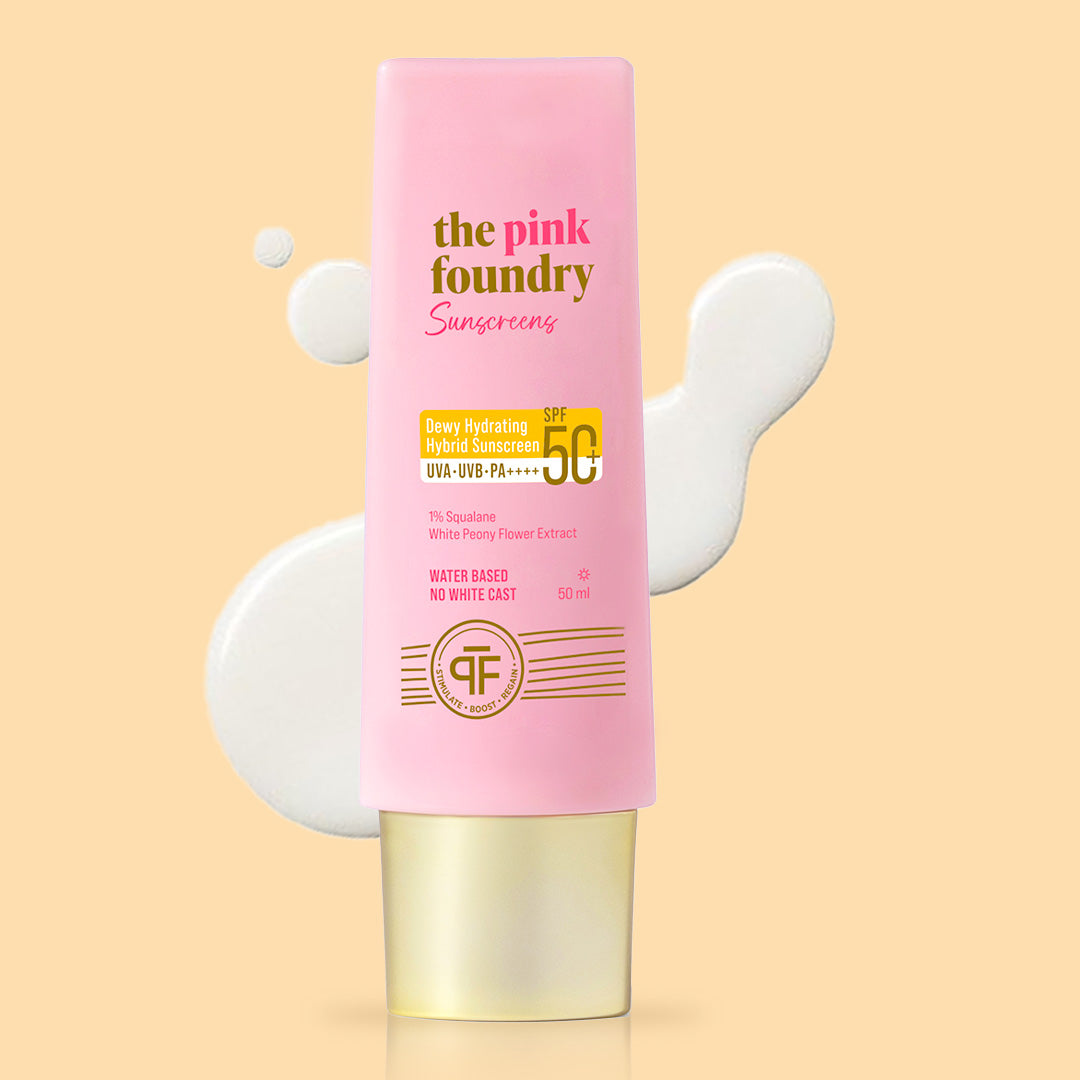
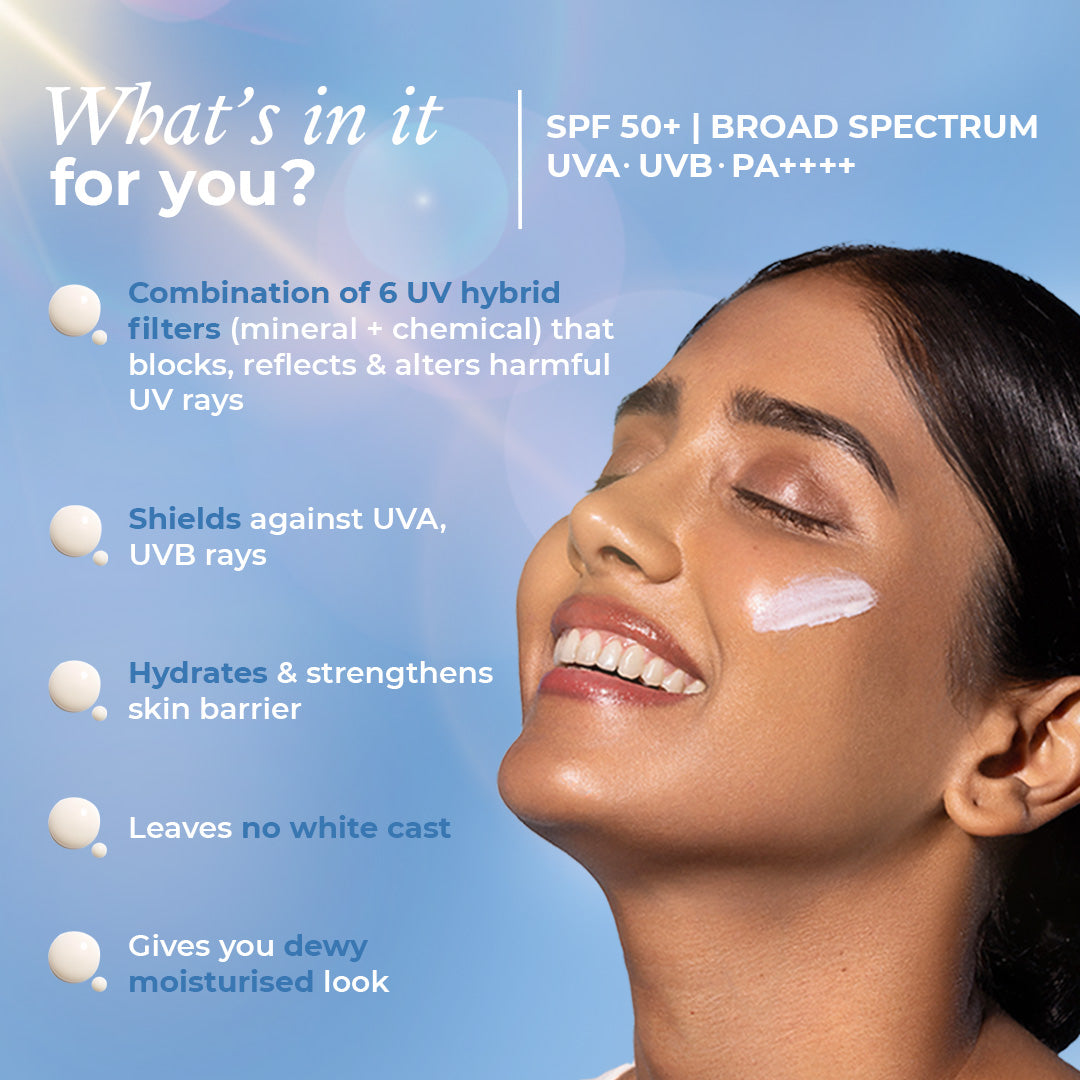


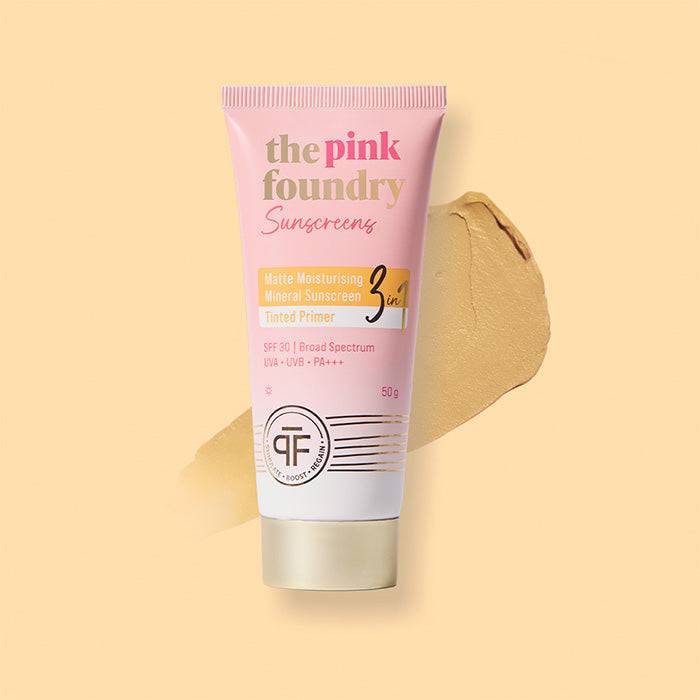
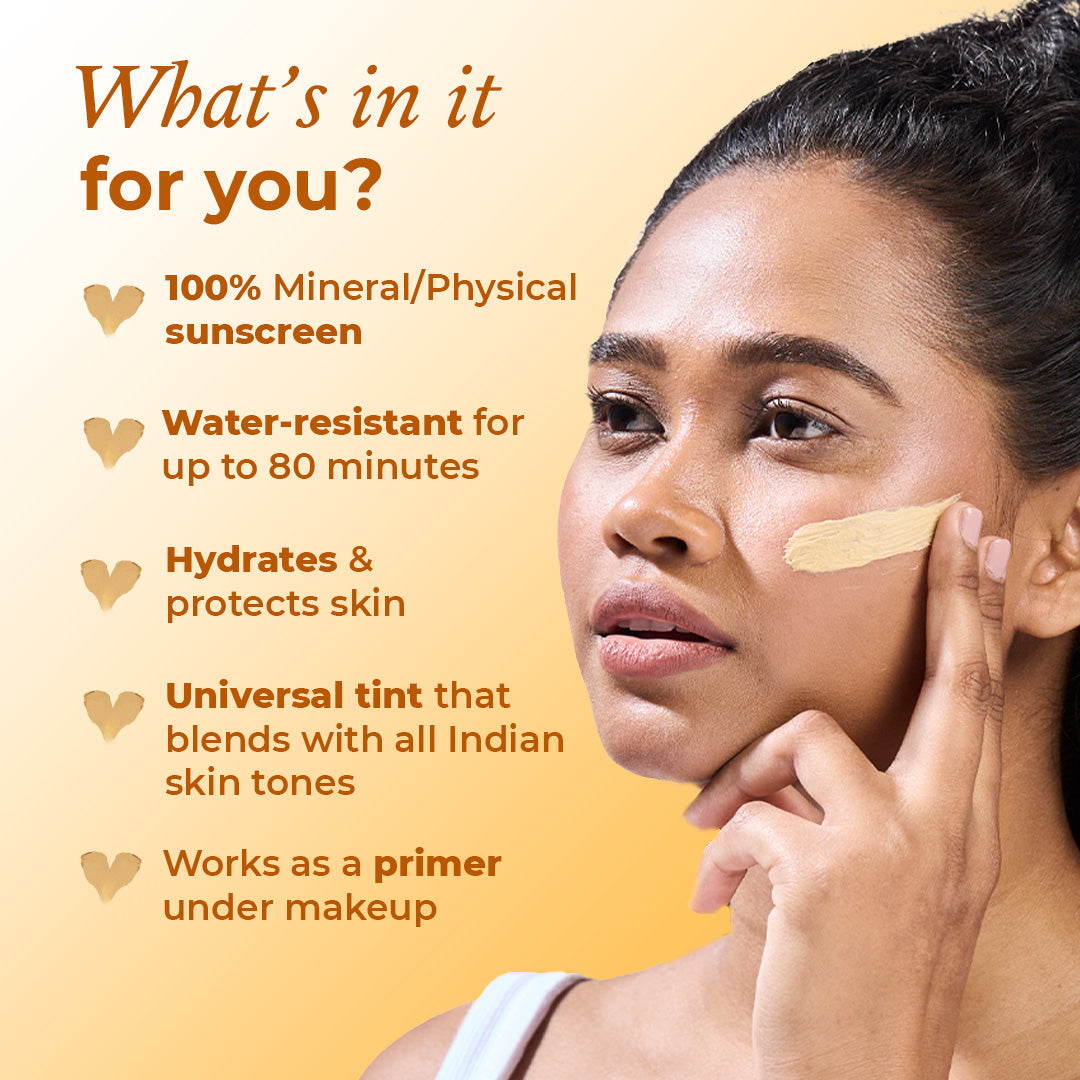



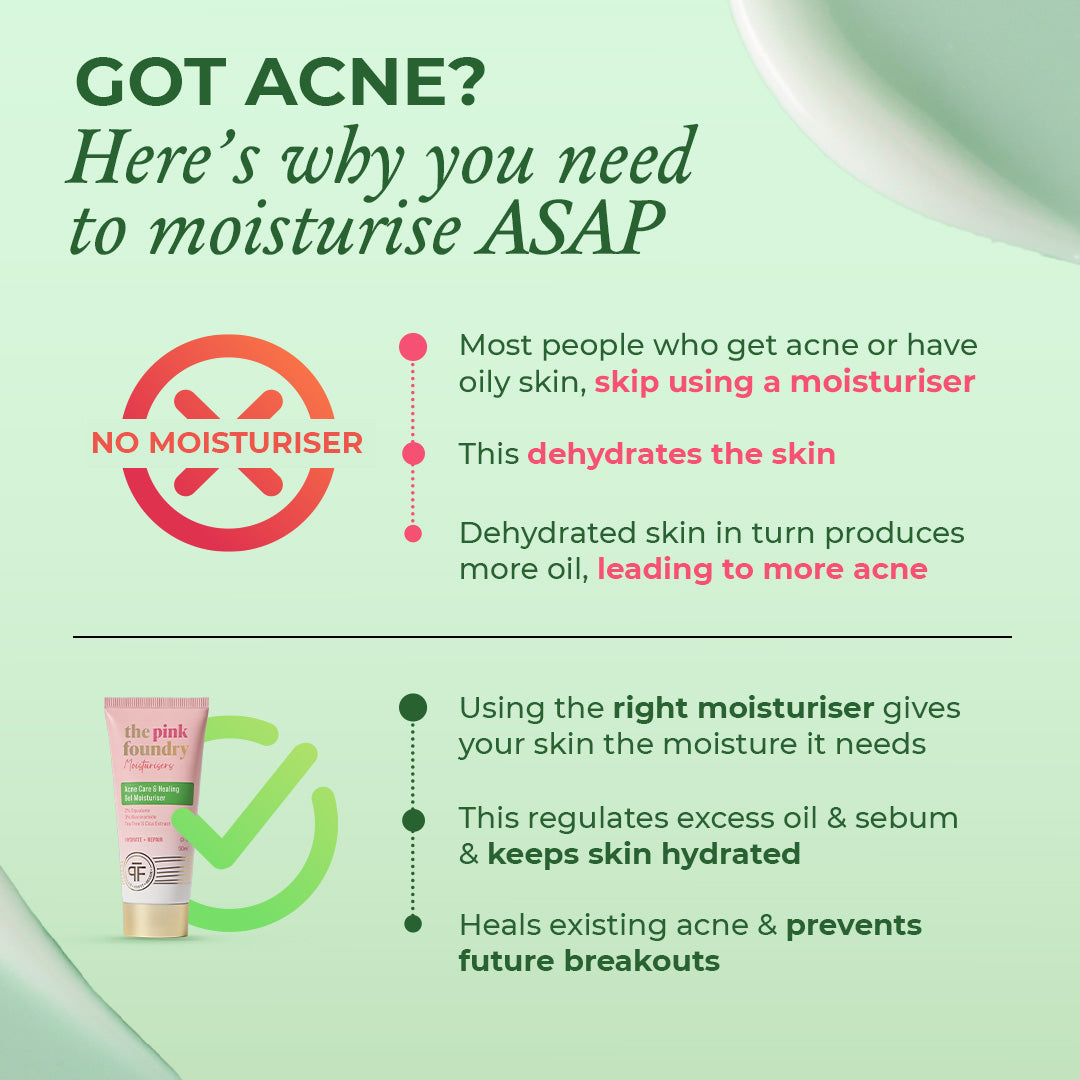
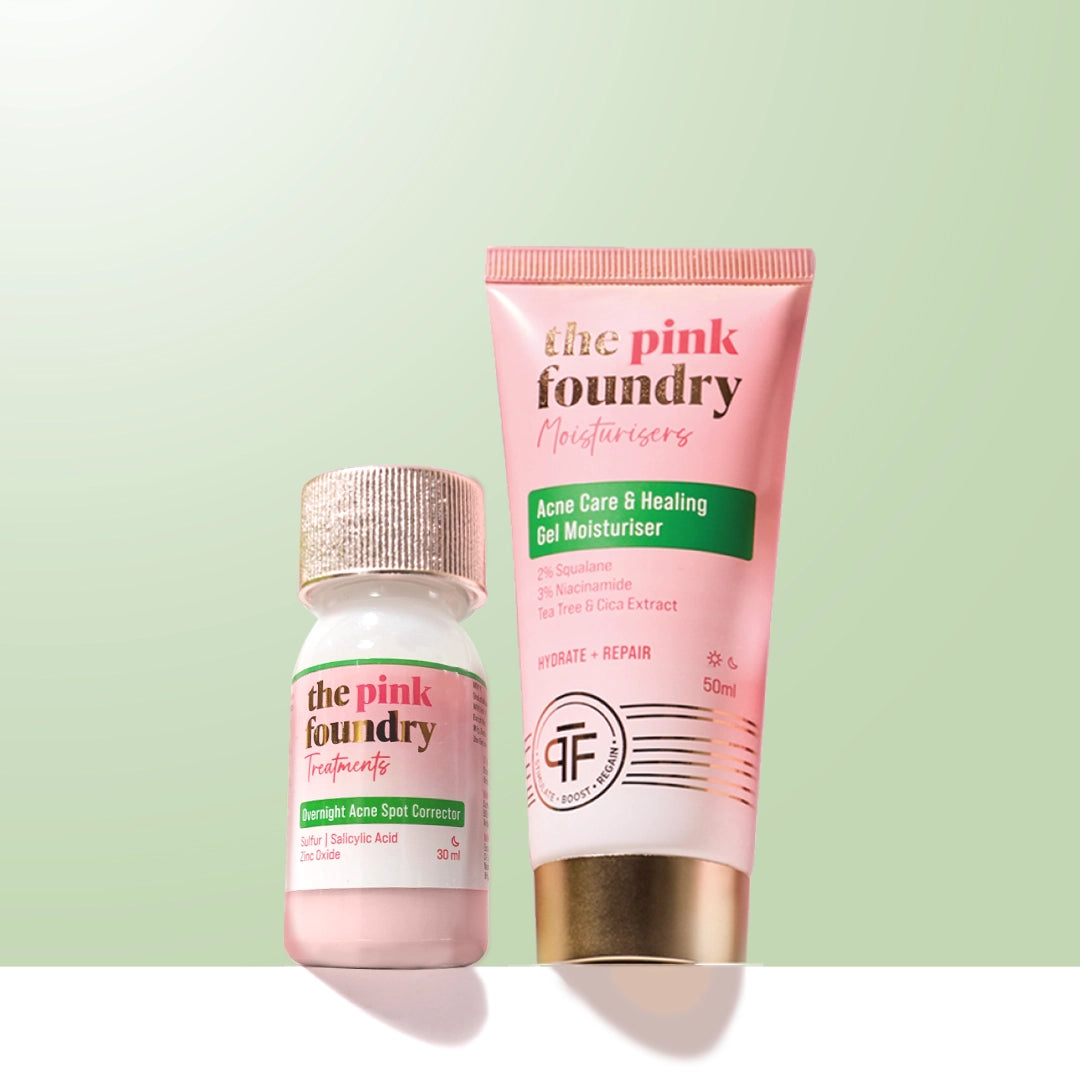
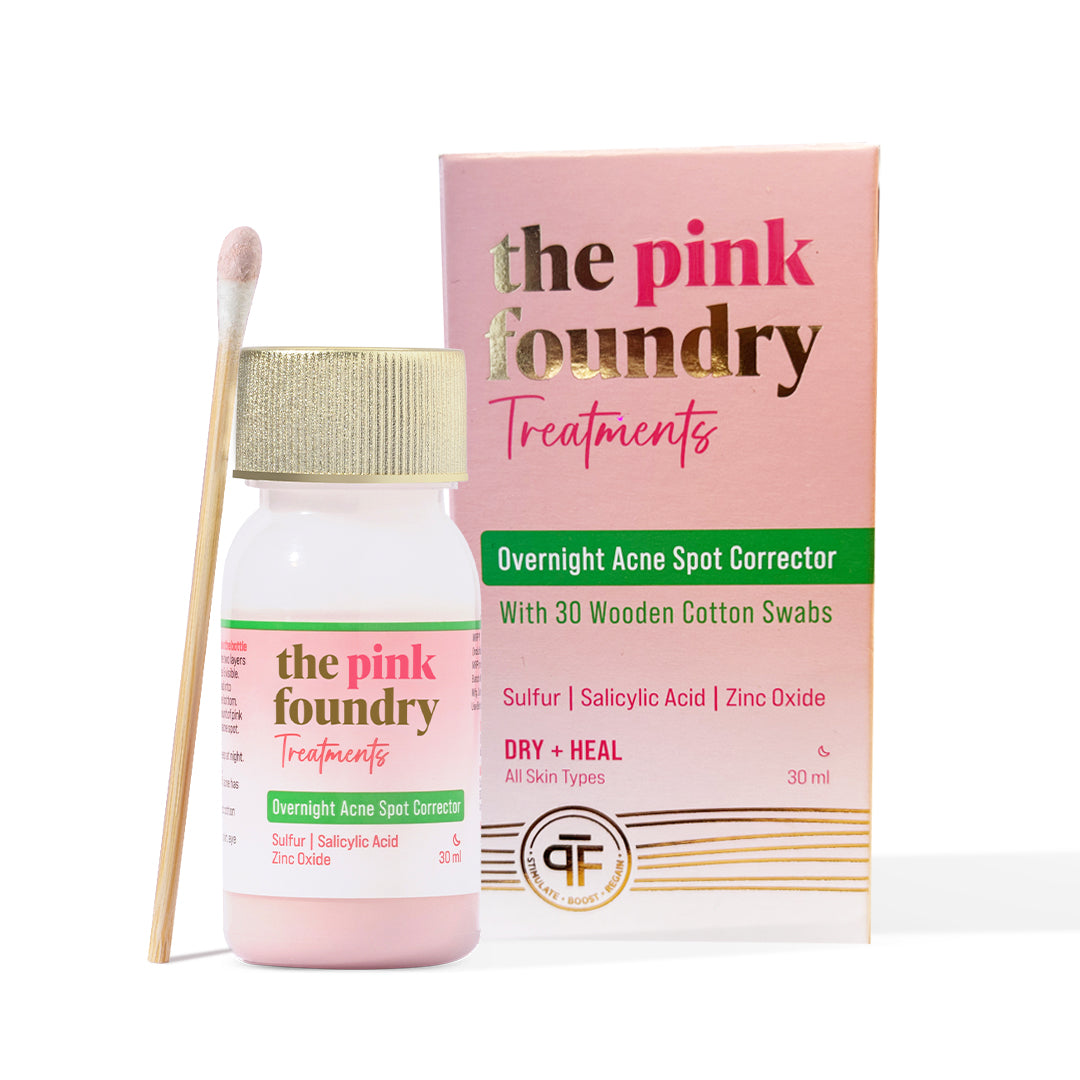
Leave a comment
This site is protected by hCaptcha and the hCaptcha Privacy Policy and Terms of Service apply.